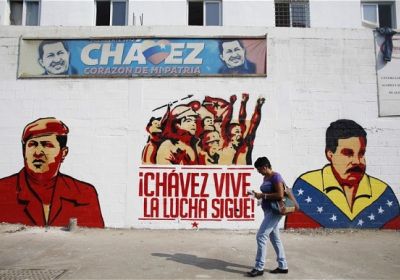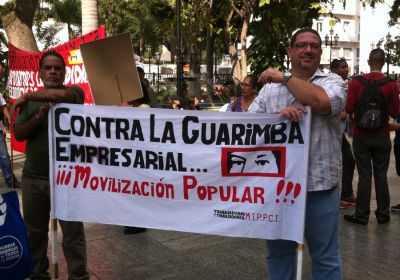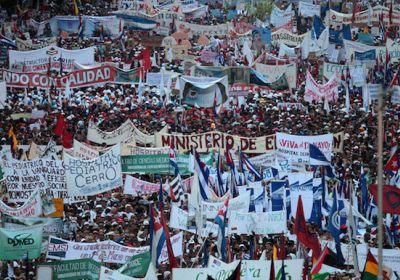
Had Hugo Chavez not passed away in 2013, the former Venezuelan president and revolutionary socialist would have turned 61 on July 28. However, though Chavez is gone, his indelible imprint on Venezuela’s political landscape endures.

Had Hugo Chavez not passed away in 2013, the former Venezuelan president and revolutionary socialist would have turned 61 on July 28. However, though Chavez is gone, his indelible imprint on Venezuela’s political landscape endures.

Leftists in Venezuela have put forward several explanations for the pressing economic difficulties and growing discontent that have beset the nation recently. These difficulties raise the possibility of an opposition takeover of the National Assembly in this year’s elections.

An estimated 1 million people marched on May 1 in Havana, Cuba, to celebrate International Workers´ Day, TeleSUR English said.